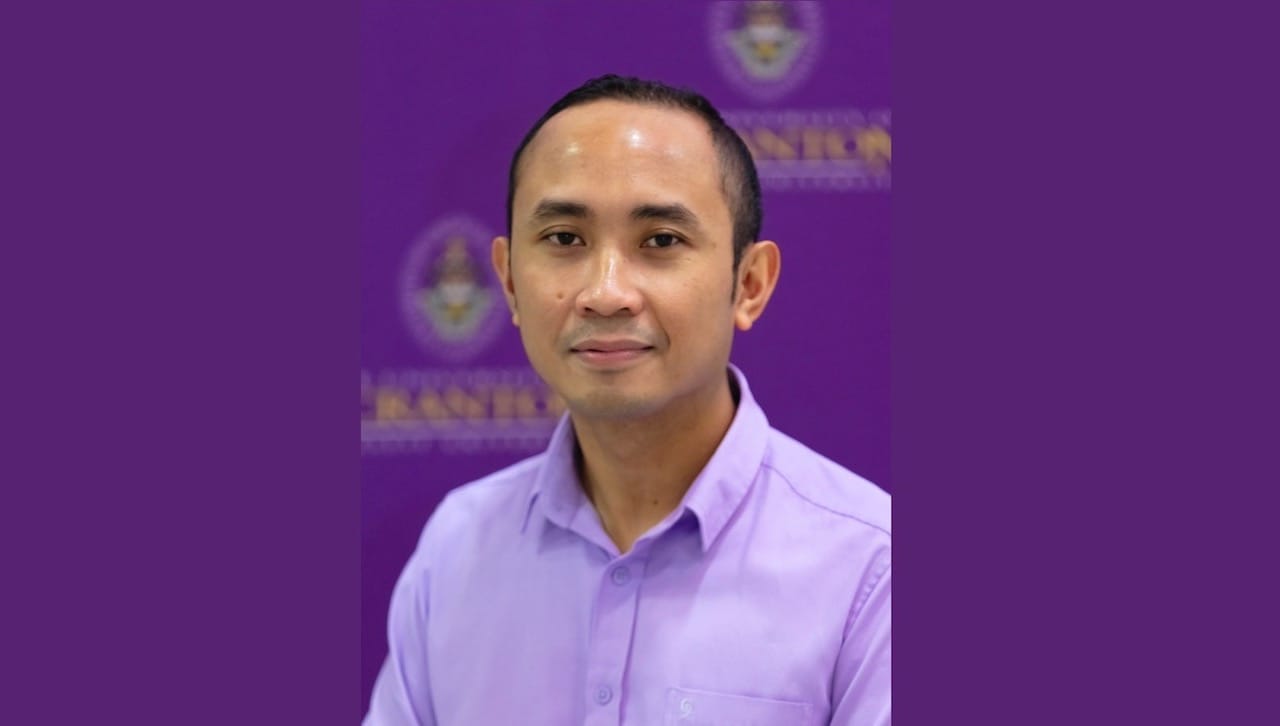Professor NSF Grant Supports Future STEM Teachers

Gerard Dumancas, Ph.D., associate professor of chemistry at The University of Scranton, received a $1.158 million National Science Foundation funded Noyce Scholars grant that will support future science, technology, engineering and mathematics (STEM) high school teachers in high-need school districts.
The grant, which will be allocated over a five-year period beginning (this summer) (in the 2022-2023 academic year), will provide a scholarships and educational training support to 21 STEM students with a major or minor in secondary education.
“There are many areas in the United States that are in need of great high school science and mathematics teachers in Pennsylvania – really across the country. We have advanced technologies in the U.S., yet many of our students lag behind those in other countries, especially with skills related to the sciences and mathematics. As educators, we are trying to train and build the workforce of the future, and their high school exposure to the sciences and math is a key element to their – and our – future,” said Dr. Dumancas, a widely published analytical chemist, who considers himself to be “a teacher first.”
Dr. Dumancas’s research on the development and application of novel spectroscopic and computational tools applied to chemical analysis of food and biomedical products has been published in multiple top-tier, peer-reviewed academic journals. Since coming to The University of Scranton, he has published four research articles and submitted four book chapters.
“It takes a great deal of support to make a good science or mathematics teacher,” said Dr. Dumancas.
The NSF grant provides a financial stipend to participants selected to become Noyce Scholars, in addition to affording them early field teaching experience and mentoring opportunities with practicing teachers in partner schools. Noyce Scholars will also participate in special courses to expose them to computational science methods, among other educational opportunities in the sciences.
“The grant is geared to provide documented support to students to make them successful as high school STEM teachers,” said Dr. Dumancas, who said the success of the scholars is monitored and is part of the research collected through the grant. Programs that prove to be successful can receive additional support in the future.
Mid Valley School District and Luzerne County Community College (LCCC) are partner schools for the grant. Students at these schools will have the opportunity to participate in special programming in the STEM fields at the University supported by the University faculty and Noyce Scholars.
University students in their senior or junior year of studies, majoring or minoring in secondary education in the STEM field and meeting other academic and program requirements can apply to become a Noyce Scholar for the fall 2022 semester. LCCC students continuing their education at Scranton who meet the program requirements can also apply to the program for their junior and senior years. Students selected to the program are required to teach in a high-need school district anywhere in the United States for two years for each year of their participation as a Noyce Scholar.
Applications for the program will become available in the coming weeks, but anyone interested could contact Dr. Dumancas by email at gerard.dumancas@scranton.edu.
Dr. Dumancas joined the faculty at Scranton in the spring of 2022. He earned his bachelor’s degree in chemistry from the University of the Philippines and his Ph.D. in analytical chemistry from Oklahoma State University. During his career, Dr. Dumancas has generated more than $2 million in external research grants and has published more than 40 manuscripts in peer-reviewed academic journals.






